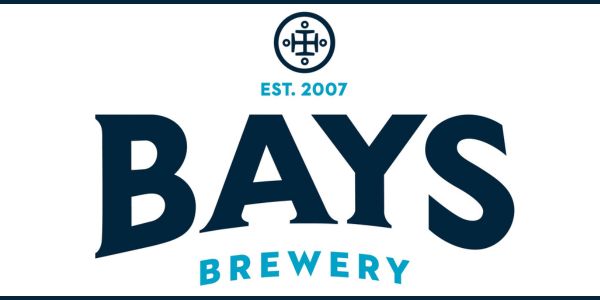A collaboration between Wimbledon Brewery and hop merchant Charles Faram will result in a series of beers showcasing newly developed English hops.

The beers will be pale ales and IPAs, chosen because they are quintessentially English. The term pale ale first appeared in England in 1703. These beers were made from malts dried with high-carbon coke, which resulted in lighter beers. It is from these early new pale beers that so many beer styles around the world have been developed.
“Over the last 20 years, the UK brewers have turned to using American and New World hops to make distinctive and full flavoured IPAs and pale ales,” said Wimbledon Brewery managing director Simon Lewis.
“These beer styles have very much driven the ‘craft beer’ revolution. We are working with Charles Faram on a range of beers that will show the amazing range of hops available in this country.”
Will Rogers, group technical director in charge of the Charles Faram Hop Development Programme, said: “We are very proud to be working with Wimbledon Brewery on their new series of sustainably brewed beers featuring British hops.
“Using locally grown hops from our hop breeding programme will bring vibrant fruity flavours to the beers and help support the British hop industry at a time when support is genuinely needed.”
Charles Faram’s Hop Development Programme is focused on modern-style hop varieties, with a focus on English hops. The brew team at Wimbledon Brewery have been working in collaboration with their hop supplier on trials to highlight the development of English hops. These have involved several experimental hop varieties that could, one day, be produced commercially.
The 2024 range of beers will focus on the popularity of the IPAs and pale ales for which Wimbledon Brewery has a great reputation. The brewer will be working with all its customers to make these beers available across the on- and off-trade. The range of beers will be announced over the coming months.
This programme of beers is one step in Wimbledon Brewery’s initiatives toward reducing its own carbon footprint and promoting an attitude of sustainability. Steps are being taken across the business to reduce waste, control energy usage, and recycle and reuse wherever possible.









